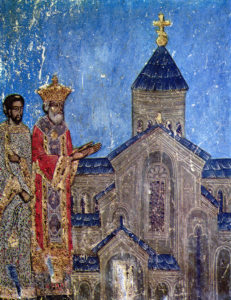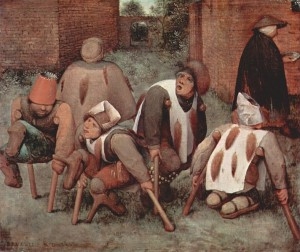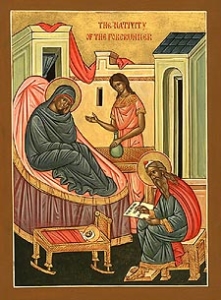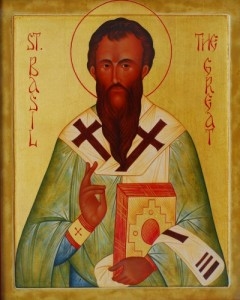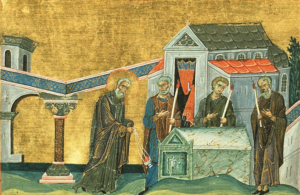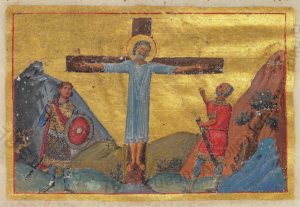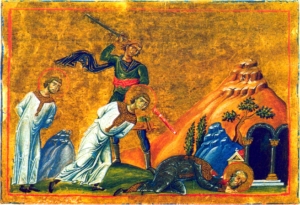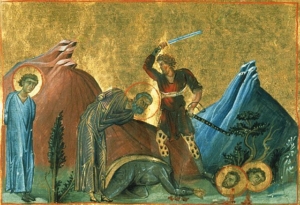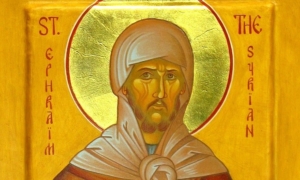When death has been brought upon a saint. . .
When death has been brought upon a saint, we ought not to think that an evil has happened to him but a thing indifferent; which is an evil to a wicked man, while to the good it is rest and freedom from evils. ‘For death is rest to a man whose way is hidden’ (Job 3:23 LXX). And so a good man does not suffer any loss from it.”
— John Cassian
